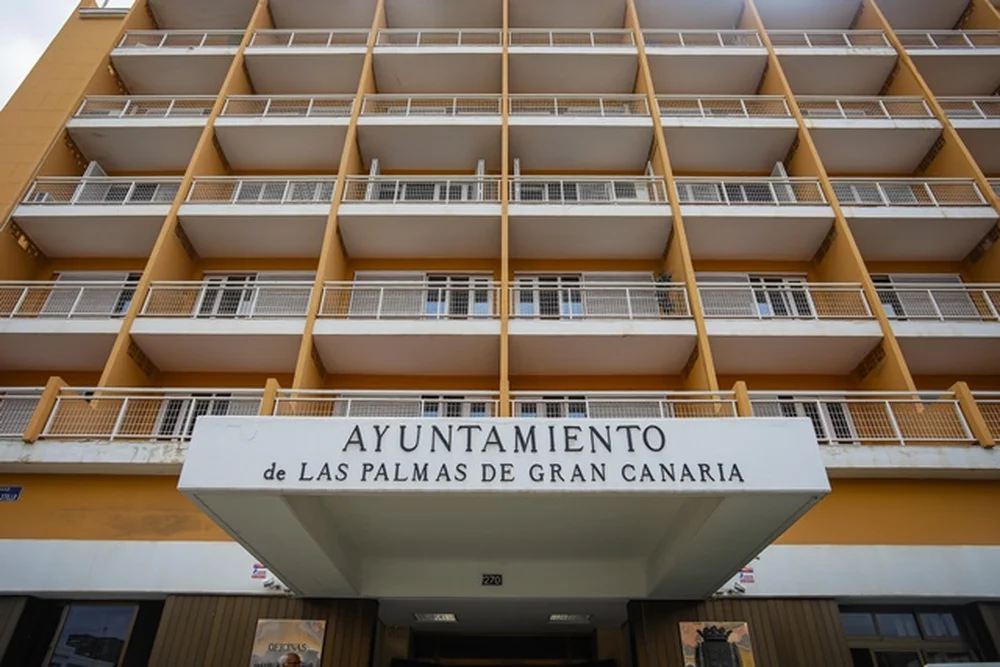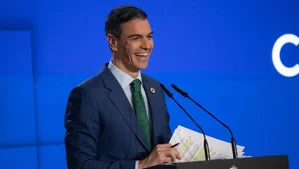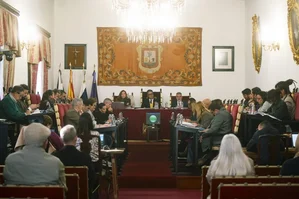Tenerife Municipal Council Streamlines Administrative Processes with New Contract

In a significant move to enhance the efficiency of its administrative operations, the Municipal Council of Tenerife has initiated a tender process for a contract aimed at implementing a system to expedite the management of administrative files.
The Need for Efficiency
The current administrative processes have been criticized for their sluggish pace and bureaucratic hurdles, which often delay critical decision-making and service delivery. Recognizing the need for modernization, the council has taken a proactive step to adopt a more streamlined and technologically advanced system.
The New System
The proposed system is designed to automate and centralize the management of administrative files, reducing the manual workload and minimizing the risk of errors. This initiative aligns with the broader goals of the Spanish public sector to adopt more efficient and transparent practices, as mandated by the Law of Contracts of the Public Sector (LCSP 2017)[2].
Key Features and Benefits
The new system will incorporate advanced digital tools to facilitate the tracking, processing, and archiving of administrative documents. This will not only speed up the handling of files but also enhance transparency and accountability. The LCSP 2017 emphasizes the importance of publicidad, igualdad, and libre concurrencia in public contracting, and this new system is expected to adhere to these principles rigorously[2].
Delegation of Responsibilities
To ensure the smooth implementation of this project, the Council has delegated specific responsibilities to key officials. For instance, the Director Insular of Human Resources, Public Service, and Digital Transformation, as well as the Delegate Councillor for Citizen Attention, Service Quality, and Integral Assistance to Municipalities, will play crucial roles in overseeing the contract execution and ensuring compliance with the regulatory framework[1].
Timeline and Expectations
While the exact timeline for the implementation of the new system has not been disclosed, the tender process is expected to be completed in the coming months. The council anticipates that the new system will be fully operational by the end of 2025, significantly improving the administrative efficiency and service delivery to the citizens of Tenerife.
Broader Implications
This initiative is part of a larger trend in Spanish public administration to embrace digital transformation and streamline bureaucratic processes. The LCSP 2017 has introduced several reforms aimed at enhancing the transparency and efficiency of public contracting, and Tenerife's Municipal Council is at the forefront of implementing these changes[2].
As the council moves forward with this project, it is clear that the residents of Tenerife can expect a more responsive and efficient local government, better equipped to meet the challenges of the modern era.
Related Stories

Municipalities in Spain Transfer Contracting Competencies to Regional Government
In a bid to enhance efficiency, Spanish municipalities are transferring public contracting competencies to regional governments, aligning with the Digital Spain 2025 agenda for streamlined processes.

Defensor del Pueblo Initiates Investigation into YouTube Channel Complaint by Unidos x Laredo
Spain's Ombudsman investigates a complaint by Unidos x Laredo against a YouTube channel, highlighting the role of the Defensor del Pueblo in protecting rights.

Spanish Government Faces Setback as Congress Rejects Omnibus Decree, Impacting Pensions and Transport Subsidies
Spanish government's key decree on pensions and transport subsidies rejected by Congress, impacting millions and sparking political fallout.

La Laguna City Council Approves €226 Million Budget for 2025
La Laguna City Council approves a €226 million budget for 2025, focusing on infrastructure, social programs, and cultural events to enhance city life.

Free Parking Proposal for Residents in Specific Zones Gains Traction in Spain
Spain's Izquierda Unida proposes free parking for residents in specific zones, aiming to ease urban living costs and align with EU's sustainable mobility goals.